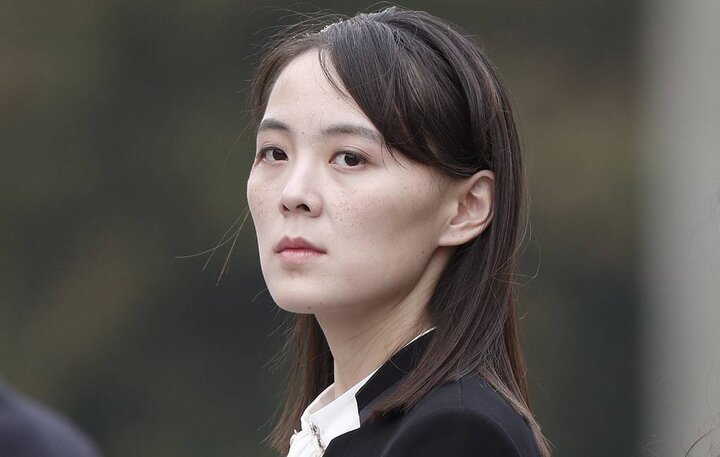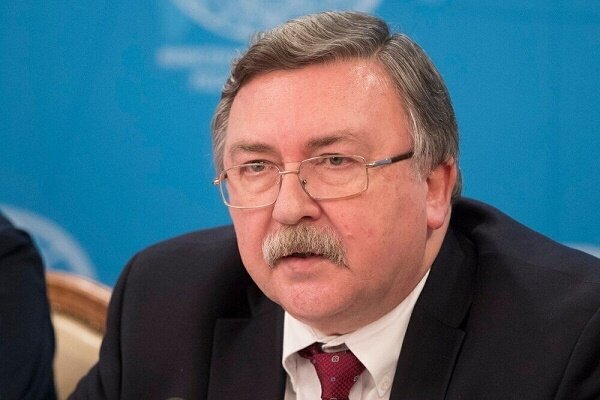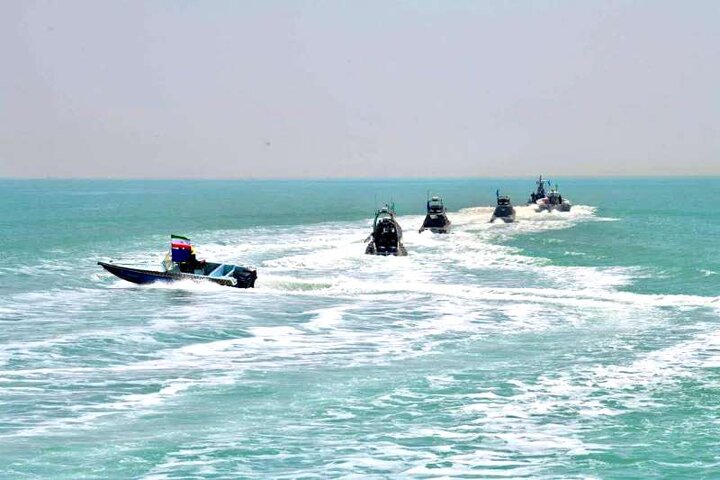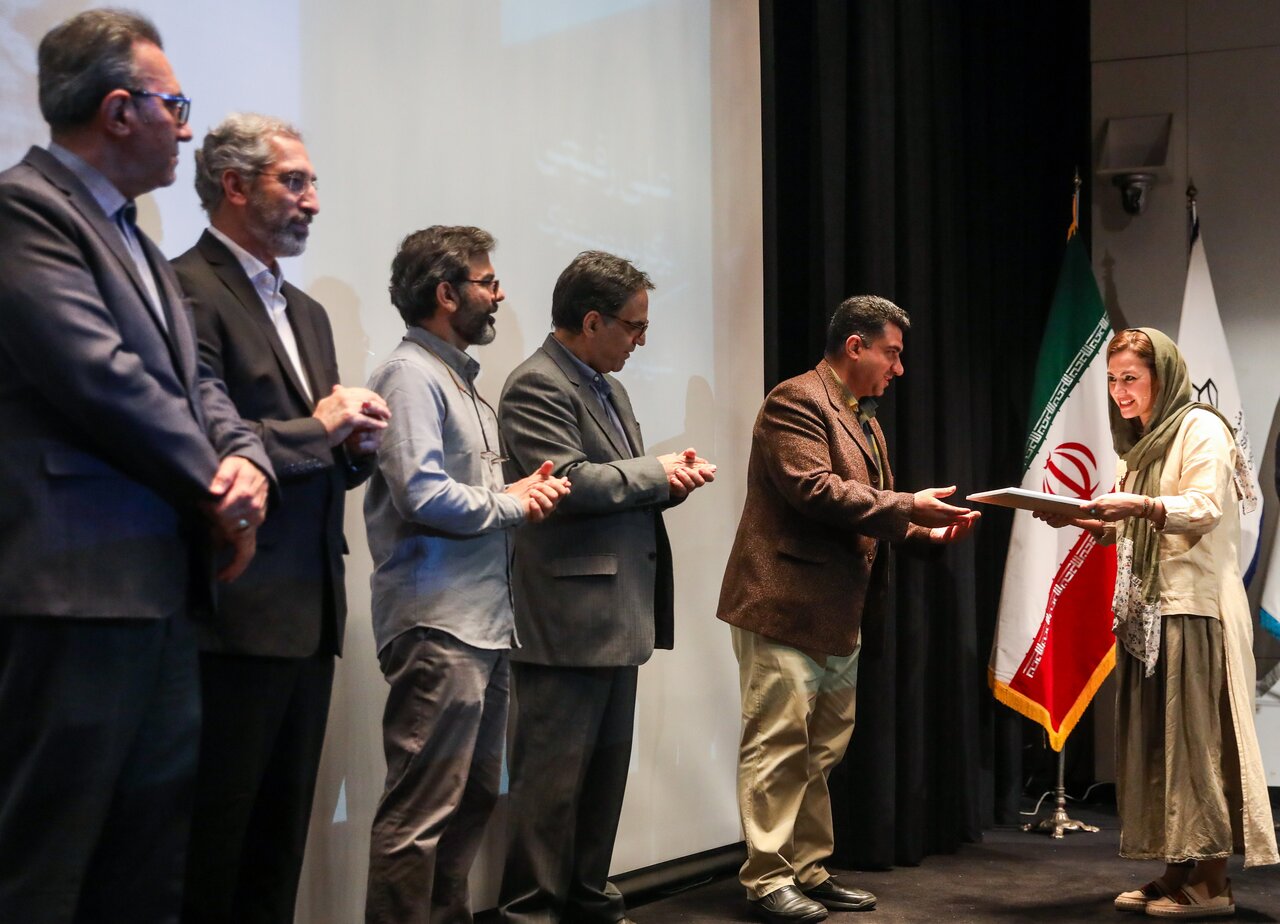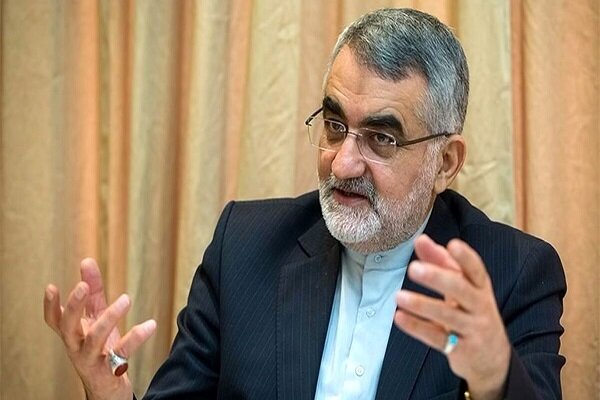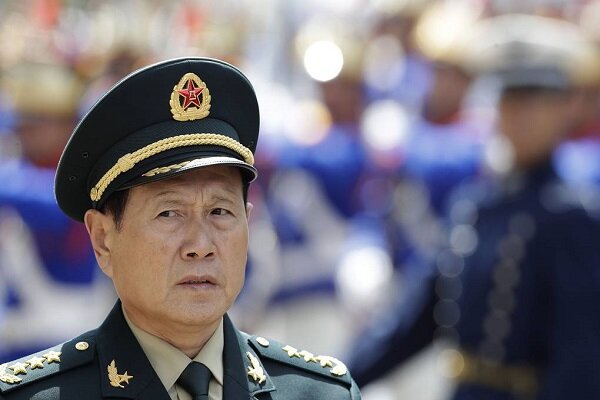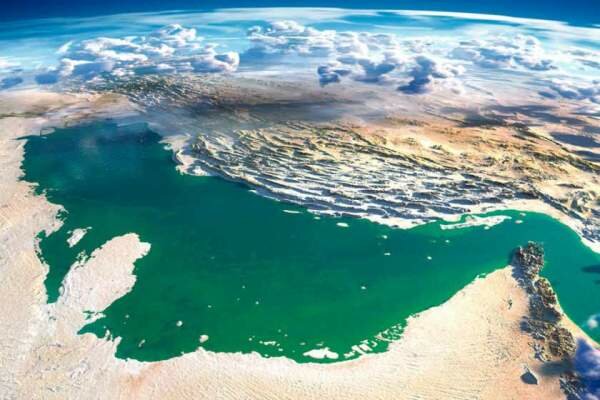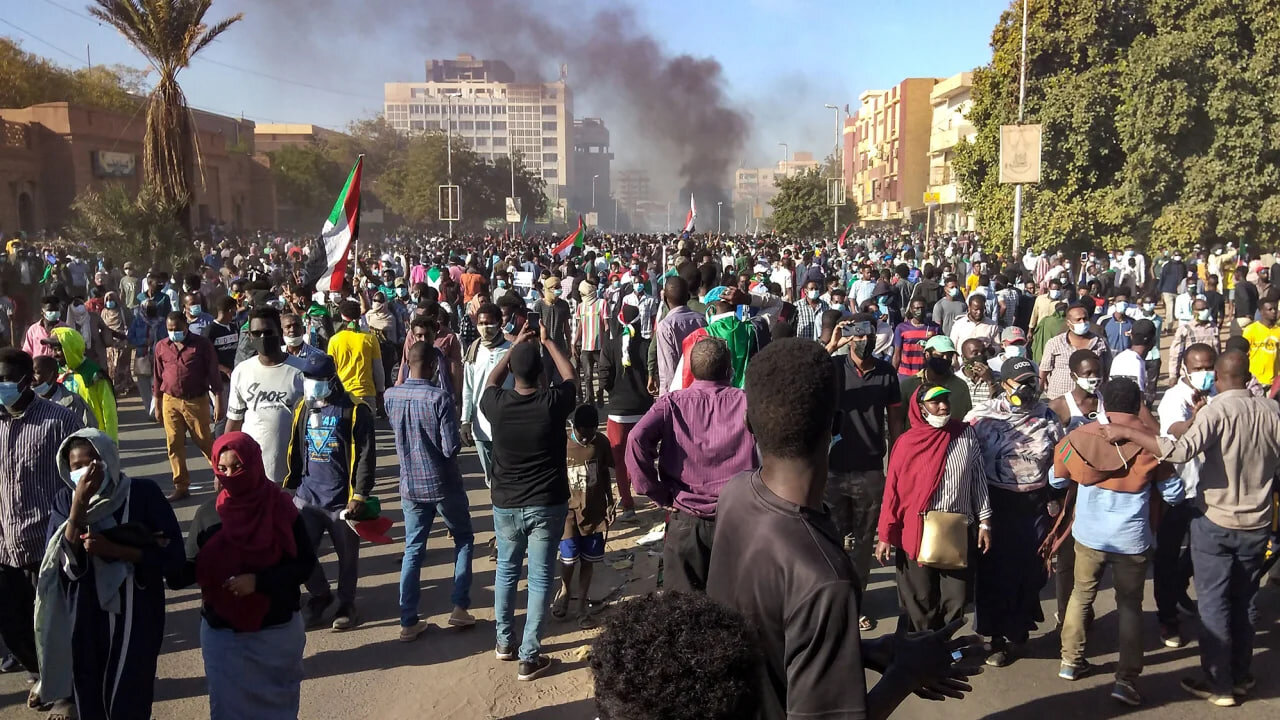Tensions have been escalating between the head of the Transitional Sovereignty Council, Abdel Fattah Al-Burhan, and Rapid Support Forces (RSF) commander Mohamed Hamdan Dagalo (aka Hemedti), since April 15.
Violent clashes erupted in Khartoum and other areas due to the RSF’s attempt to control strategic locations in the country. Indeed, those bothered by the reconciliation between the Saudis and the Iranians and the openness on Syria have upper hands in igniting the war against Sudan!
This conflict was not surprising at all, a few days after the expiration of the constitutional deadline for integrating the RSF into the Sudanese army, in preparation for the establishment of a civilian authority that would lead to elections that would produce a civilian government.
In light of the preoccupation of the major powers in their own wars, analysts do not expect that the events in Sudan will end soon, and therefore the results of this conflict cannot be predicted.
It has become clear that the violent clashes will remain amid the absence of political stability, resulting from the direct and indirect military intervention in Sudan’s affairs since the independence of this country in 1956. Sudan is one of the countries rich in agricultural, mineral and oil resources, in addition to its ports on the Red Sea.
Although the balance of military power tends in favour of the army, this does not mean that the army will be able of dismantling Hemedti’s RSF, or “Janjaweed,” a militia of uneducated camel herders that emerged in 2000 with the aim of putting down a rebellion against former President Omar al-Bashir.
If the responsible authorities do not act, Arab water security will be in danger, and Sudan, which was originally divided, will be even more divided.Hemedti established the Janjaweed before a decision was issued to include this militia in the official military forces as a kind of presidential guard for Bashir. He gained the nickname “Lieutenant General” despite not having undergone military training. In parallel, his commercial interests in gold mining and livestock grew. Besides, his participation in the war against Yemen has earned him a close relation with Saudi Arabia and the UAE.
Sudan owns agricultural lands that can achieve food security for all Arab countries. For its part, Saudi Arabia has bought lands from it with the aim of securing its food security, while the UAE acquires 58% of the agricultural investments of the (P)GCC in Sudan. A 2019 report by Global Witness reveals that the RSF controls the Jabal Amer mine, in addition to three other mines in separate parts of the country, and this made Hemedti and his forces a major party in the gold trade. From Sudan’s exports to the UAE (during 2010-2014, no less than 96,885 tons of Sudanese gold was smuggled to the UAE).
After the coup against Al-Bashir in 2019, Hemedti assumed the position of Vice President of the Transitional Military Council. As a diplomat, he has strengthened his relationship with Moscow too. In February 2022, days before the Russian military operation in Ukraine, he visited the Kremlin to hold talks with Putin regarding the continued export of gold to Russia, the purchase of Russian weapons and the construction of a new military port on the Red Sea.
After the fall of the Bashir regime, Hemedti stood with al-Burhan against holding elections and establishing a civilian government. Together, they led the coup against the government of Abdullah Hamdok on October 25, 2021. They placed him under house arrest, dismissed all civilian officials in the military council, dissolved the government, and declared emergency provisions. However, the international community turned against them. Al-Burhan was forced to reinstate Abdullah Hamdok, who resigned on January 22, 2022 due to sharp divisions in Sudan.
Meanwhile, a transitional military government formed of the army and the RSF, in addition to civilian forces, agreed to join. By the end of 2022, they agreed on the “framework agreement,” which was signed by both sides in addition to 40 parties. Many other parties opposed it.
The international community and regional parties welcomed the agreement. Among its provisions were establishing a full civilian authority without the participation of military forces; organizing inclusive elections at the end of the transitional period; limiting the transitional period to 24 months from the date of appointment of a civilian president to head a transitional government; dismantling the Bashir regime in all state institutions; recover funds and assets obtained illegally; establishing a unified national army that requires the unification of the RSF and other militias (which is the point that brought the dispute into a climax).
The framework agreement was supposed to end on April 11, with the selection of a prime minister who would lead a civilian government that would lead the transitional period for a period of 24 months. Since the transitional period lasted two years, the army’s position was to stop recruitment into the RSF. However, Hemedti refused and tried to gain more power and influence, demanding a longer period for the merger to take place, exceeding 10 years, which was completely rejected by the army and other political forces.
As for Egypt, which considers Sudan its strategic depth, it seems that Cairo is distancing itself although the kidnapping of its soldiers at Marawi airport was a call for it to intervene in this conflict. It is noteworthy that Egypt trained al-Burhan militarily and has influence within the Sudanese army, in addition to an extensive intelligence presence in Khartoum. In addition, Egypt relies on 97% of the Nile waters, and without Sudan as a political partner, it will not be able to obtain its rights from Ethiopia in the river’s water.
Nothing is known yet about who will manage the negotiations between all these parties, especially in light of the recent Saudi-Iranian reconciliation and the Arab openness to Damascus.As for Ethiopia, the conflict on the border dates back to more than a hundred years, and the clashes between the two countries are repeated despite the Ethiopian recognition of Sudan’s right in the disputed part. However, there is an overlap in the economic and social interests in the border region, which makes Ethiopia claim economic and social damage resulting from its withdrawal from this region.
For its part, Moscow has a significant influence through its “Flamingo” military base project in Port Sudan. Besides, there are agriculture, mining, manufacturing and official oil projects between the two countries. Hemedti has also hired the “Wagner forces,” which extract gold, protect the mines, and export it to the Emirates in return for training the militias.
As for China, Beijing’s foreign policy has always been based on non-interference. It maintained relations with al-Bashir and after him with the current military rulers. Even at a time when Western countries imposed sanctions and withheld aid, China continued its investments as the Chinese National Petroleum Corporation owns oil assets in Sudan. China too has rehabilitated the Sudanese railway network at a value of $640 million.
The temporary Zionist regime has influence on separatist movements that have managed to penetrate southern Sudan since the 1950s. The enemy also seeks to put pressure on Egypt, as the lack of security in Sudan will create a hotbed of tension on Egypt’s southern borders.
In addition, the enemy seeks to blackmail Egypt with its water rights in the Nile by establishing a network of dams in Ethiopia and pitting the upstream countries located on Lake Victoria against Egypt.
Observers remember the close cooperation between Khartoum and the Tel Aviv regime in military and intelligence fields, which the Zionist entity exploits in its hegemonic schemes for the Arab North Africa and Africa in general, especially due to Sudan’s strategic location overlooking the Red Sea.
In the aftermath of the 2021 coup against al-Bashir, Israel's foreign intelligence service Mossad secretly met Hemedti. What affirms the growing influence of the Zionist enemy is when US Secretary of State Anthony Blinken urged the Zionist Minister of Offense, Benny Gantz, to use its influence to restore civilian leadership.
Yedioth Ahronoth revealed that the United States explicitly asked “Israel” to intervene to stop the conflict between the Sudanese parties, which means that Washington is aware of its influence in Sudan. AXIOS revealed too that Hemedti sought to establish an independent relationship with the Israelis in order to advance his local political agenda in Sudan earlier during Hamdok’s presidency of the Transitional Council.
With regard to Washington, relations between the two parties reached their nadir in the early 1990s when Khartoum hosted Al Qaeda. Then al-Bashir sought to rebuild the relationship, offering to expand intelligence cooperation in Washington’s alleged war “against terrorism.” Washington agreed in late 2019, but did not send an ambassador. Foreign Policy says the United States has enough influence to thwart its allies’ ambitions in Sudan. For instance, days after al-Bashir’s surprise visit to Damascus in December 2018, as the first Arab president to visit Syria since March 2011, he was overthrown on April 11, 2019. In the immediate aftermath, Washington and Western capitals canceled sanctions against Sudan, and lifted it from its alleged “black list.”
Overall, observers know well that the enemies of the region will not rest until countries are destroyed in favor of the Zionist entity. Nothing is known yet about who will manage the negotiations between all these parties, how long it will take, and what role the Zionist entity will play in this conflict, especially in light of the recent Saudi-Iranian reconciliation and the Arab openness to Damascus.
Here it is necessary to recall the Zionists’ annoyance and its endeavor to prevent the path of détente, militarily, politically & economically in the region. The latest example of this is its relentless efforts to incite Azerbaijan against Iran under the pretext of ethnic and sectarian justifications. The usurper entity made a lot of gains from its relations with Baku, which allowed the Zionist entity to establish military and intelligence bases near the borders with Iran. Baku also provides the oil needs of the Zionist entity, through pipeline that passes through Turkey, which the occupation wants to be a party to any tension between Iran and Azerbaijan. Turkey has national, sectarian and strategic calculations in the Caucasus region near the Black Sea, as it is its gateway to Central Asia, where Islamic countries of Turkish origin are located.
Here it is necessary to recall the great interest that Erdogan attaches to al-Burhan, as he received him in Ankara twice, although Al-Burhan overthrew Al-Bashir (Erdogan’s close friend). We must also recall the efforts of its ally, Qatar, to obstruct opening up to Syria. In all cases, and whatever the possible results of the events in Sudan, observers know that the enemies were, are, and will remain against the peoples of the region, and hope that the Iranian-Saudi reconciliation will not realize its goals, the most important of which is the achievement of stability in Syria, Lebanon, Iraq, Yemen, and now in Sudan, because of the strategic importance of the country.
The two parties - Hemedti and Al-Burhan - are conspirators against the Islamic nation and their history is black in bloodshed, looting of wealth and collaboration with the Zionists. The alleged international courts that pursued and demonized Al-Bashir did not pursue them. What is going on in Sudan is dispute over the spoils. There is no civil war in Sudan, but a war of militia. The evacuation of foreign communities is evidence that this violence is not in vain, but rather fabricated and deliberate. If the responsible authorities do not act, Arab water security will be in danger, and Sudan, which was originally divided, will be even more divided.
